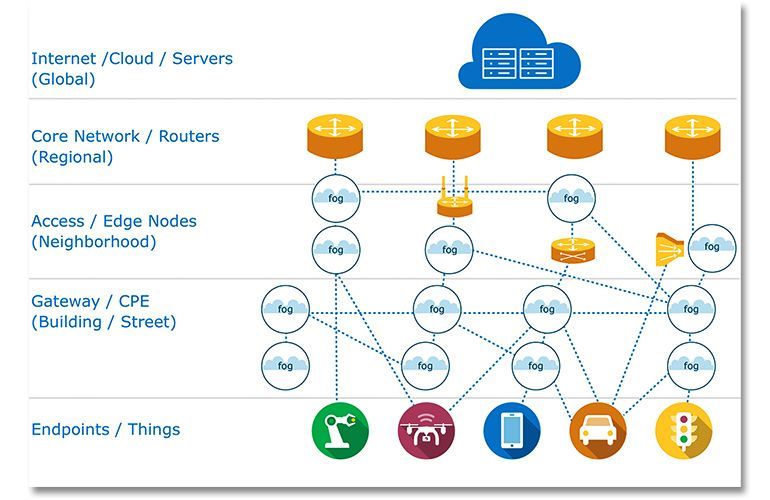"Can I Get a Student Loan? A Comprehensive Guide to Student Financing Options"
#### Can I Get a Student Loan?In today's educational landscape, many students find themselves asking, **"Can I get a student loan?"** This question is cruci……
#### Can I Get a Student Loan?
In today's educational landscape, many students find themselves asking, **"Can I get a student loan?"** This question is crucial for anyone looking to further their education but facing financial constraints. Student loans can provide the necessary funds to cover tuition, fees, and living expenses, making higher education accessible to a broader range of individuals.
#### Understanding Student Loans
Student loans are financial aid options that students can borrow to pay for their education. They typically come in two forms: federal and private loans. Federal loans are funded by the government and usually offer lower interest rates and more flexible repayment options. Private loans, on the other hand, are offered by banks and financial institutions and may have varying terms and conditions.
#### Eligibility Criteria
To answer the question, **"Can I get a student loan?"** one must first understand the eligibility criteria. Generally, students must be enrolled at least half-time in an accredited institution. For federal loans, students must also complete the Free Application for Federal Student Aid (FAFSA) to determine their financial need. Factors such as credit history, income, and the cost of attendance can affect eligibility for private loans.

#### Types of Student Loans
There are several types of student loans available:
- **Federal Direct Subsidized Loans:** These loans are need-based, and the government pays the interest while the student is in school.
- **Federal Direct Unsubsidized Loans:** These loans are not need-based, and interest accrues while the student is in school.
- **Federal PLUS Loans:** These are available for graduate students and parents of dependent undergraduate students, allowing them to borrow up to the full cost of education minus any other financial aid received.

- **Private Student Loans:** Offered by banks and credit unions, these loans can help fill the gap after federal loans but often come with higher interest rates and less favorable repayment terms.
#### The Application Process
To determine if you can get a student loan, begin by completing the FAFSA. This form collects financial information to assess your eligibility for federal aid. After submitting the FAFSA, you will receive a Student Aid Report (SAR) that outlines your Expected Family Contribution (EFC) and eligibility for various types of aid.
For private loans, research different lenders, compare interest rates, and understand the terms and conditions before applying. Many lenders require a credit check and may ask for a co-signer if the borrower has limited credit history.
#### Repayment Options

Once you secure a student loan, understanding repayment options is essential. Federal loans offer various repayment plans, including standard, graduated, and income-driven repayment plans. Private loans may have different terms, so it's crucial to review the loan agreement carefully.
#### Conclusion
In conclusion, if you're pondering, **"Can I get a student loan?"** the answer is often yes, provided you meet the eligibility requirements and complete the necessary applications. Student loans can be a valuable resource for financing your education, but they come with responsibilities that require careful planning and management. By understanding the types of loans available, the application process, and repayment options, you can make informed decisions that will support your educational journey and future career. Always consider consulting with a financial advisor or your school's financial aid office for personalized guidance tailored to your situation.